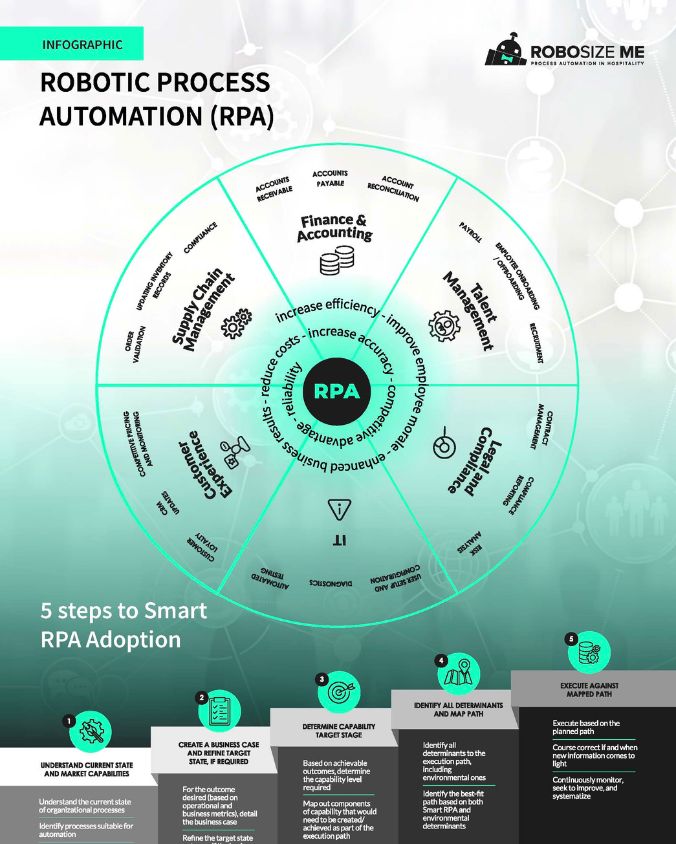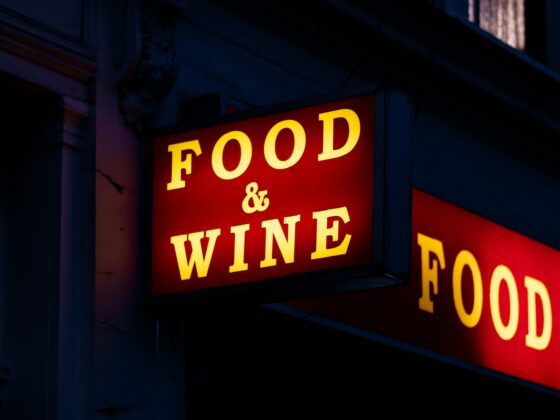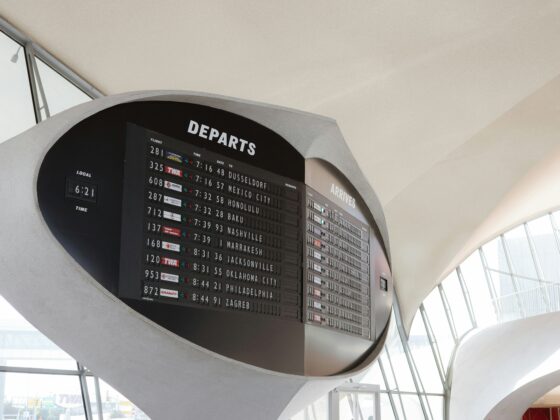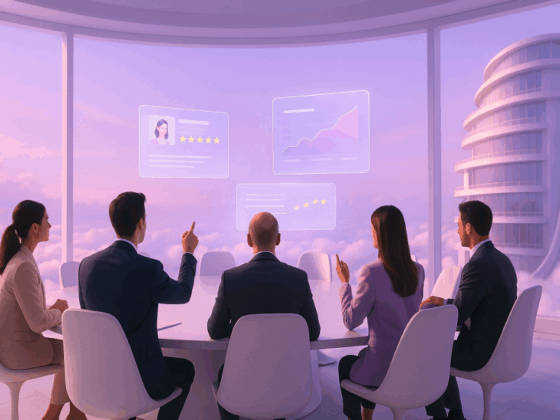Robotic Process Automation (RPA) is revolutionising the hospitality industry, driving efficiency and improving business outcomes across various departments. The supporting infographic to this article highlights the value of RPA in automating critical functions such as finance, customer experience, supply chain, and IT.
The infographic outlines a structured five-step approach to maximising RPA’s potential and benefits. Each step plays a role in ensuring efficient RPA implementation and delivering the desired results across various departments. Let’s review how these steps can assist hotels in a successful RPA strategy.

The Five Steps to RPA Adoption
1. Understand the Current State and Market Capabilities
The first step in adopting RPA is thoroughly assessing the organisation’s current operational landscape. This involves identifying which processes are suited for automation, particularly those that are repetitive, manual, and time-consuming. Departments like finance, customer service, and housekeeping are typically the best candidates for RPA, as they involve numerous routine tasks.
For example, finance departments often deal with high volumes of invoicing, payroll processing, and reconciliation tasks, many of which can be automated. Similarly, customer service operations involve handling guest inquiries, managing bookings, and updating CRM systems—tasks RPA can perform efficiently and accurately. By mapping out these processes, hotels can pinpoint where RPA would have the most significant impact and ensure that it aligns with the business’s overall operational goals.
It’s also essential to evaluate market capabilities and benchmark your organisation’s processes against industry standards. Understanding what competitors are doing with automation and what technologies are available in the market will help you choose the right RPA solution.
2. Create a Business Case
Once the areas for automation have been identified, the next step is to develop a solid business case for RPA implementation. This involves analysing the expected cost savings, operational improvements, and potential return on investment (ROI). The business case should focus on quantifying RPA’s value to the organisation. For instance, reducing manual data entry in finance can lead to fewer errors, faster processing times, and significant cost reductions.
When building the business case, it is critical to align RPA’s expected benefits with key business objectives, such as improving guest satisfaction, increasing operational efficiency, or reducing labour costs. A well-crafted business case will highlight the financial gains and demonstrate how RPA will enhance the overall guest experience by freeing up employees to focus on guest interactions rather than back-office tasks.
3. Determine Capability Targets
After establishing a business case, the next step is to define the specific capabilities required from the RPA solution to achieve the desired outcomes. This is where businesses need to decide on the scope and scale of their RPA implementation. What level of automation is required to achieve the targeted efficiency gains? Which processes should be fully automated, and which require human oversight?
For example, in customer experience management, automating loyalty program updates might be a priority, while in finance, accounts reconciliation might take precedence. The capability targets should be closely tied to the overall business strategy, ensuring that the RPA solution is customised to meet the unique needs of the organisation.
This step also involves identifying the level of technical expertise required to implement and manage the RPA solution. Hotels may need to upskill their existing IT teams or bring in external experts to ensure smooth implementation.
4. Identify Determinants and Map the Execution Path
With the capabilities and scope of the RPA solution defined, the next step is to identify all the determinants that could affect the execution of the RPA project. This includes assessing internal factors such as the readiness of the existing technology stack, the skill levels of staff, and the organisation’s culture toward technological change. External determinants, such as regulatory requirements and market conditions, must also be considered.
Mapping the execution path involves creating a detailed plan for the RPA rollout. This plan should include timelines, resource allocation, and a step-by-step approach to integrating RPA with existing systems. Ensuring that the RPA solution integrates seamlessly with current technologies, such as property management systems (PMS), customer relationship management (CRM) systems, and financial software, is essential.
A well-mapped execution path will also include provisions for managing potential roadblocks, such as staff resistance to change or unforeseen technical challenges. Hotels can minimise disruptions during the implementation phase by proactively addressing these issues.
5. Execute and Continuously Optimise
The final step in adopting RPA is to execute the planned strategy and continuously optimise the automation processes. Execution involves rolling out the RPA solution according to the mapped path, ensuring all stakeholders are involved and the solution is integrated smoothly into daily operations.
Once the RPA system is live, continuous monitoring is critical to ensure it delivers the expected outcomes. Businesses should collect real-time data on performance metrics, such as processing times, error rates, and cost savings, to assess the efficiency of the RPA solution. This data will help fine-tune the automation processes, make adjustments where necessary, and identify new areas for automation.
Flexibility is important at this stage—businesses must be prepared to course-correct based on insights gained from the implementation. Regular reviews and optimisation efforts will ensure that the RPA solution remains aligned with the company’s evolving needs and continues to deliver value in the long term.
Conclusion
Following these five-step processes for smart RPA adoption, hospitality businesses can ensure a smooth transition to automation and unlock significant operational efficiencies. Whether it’s finance, customer service, or housekeeping, RPA can streamline processes, reduce errors, and free up staff to focus on more strategic tasks. At RobosizeME, we are committed to helping businesses implement RPA solutions that deliver measurable results, ensuring long-term success.
Key Takeaways:
- RPA adoption requires a detailed understanding of current processes and market capabilities to target the right areas for automation.
- A robust business case is essential, showing the financial and operational benefits that RPA can bring.
- Clear capability targets must be set, ensuring the RPA solution is aligned with specific business needs and goals.
- Mapping the execution path is crucial for a seamless RPA implementation that integrates with existing systems.
- Continuous optimisation ensures that RPA solutions are adaptable and continue to deliver value over time.
By taking these strategic steps, hotels can ensure that their RPA implementation is not only effective but also scalable and sustainable for the future.
Infographic originally published by techtalk.travel









